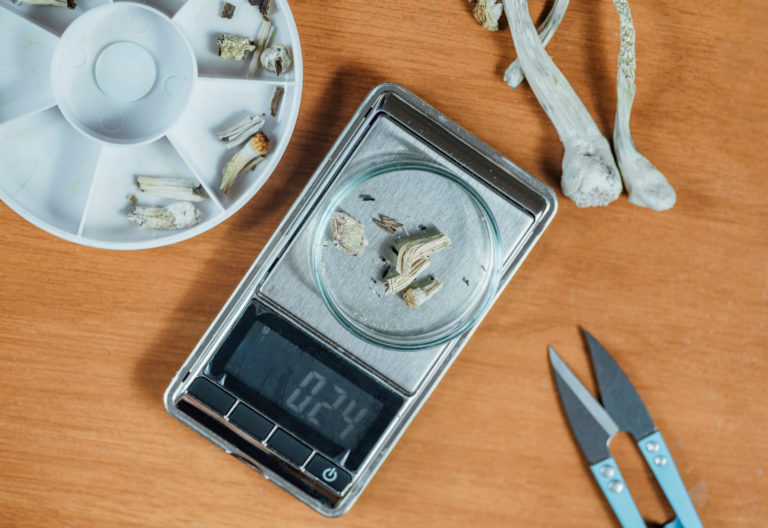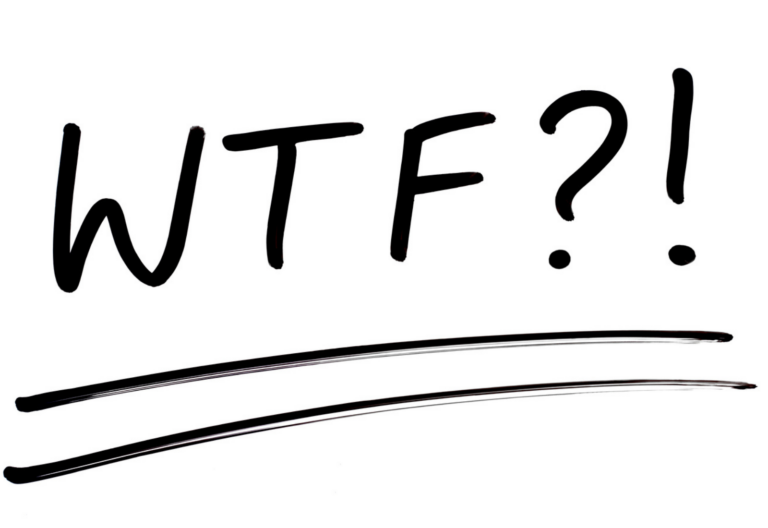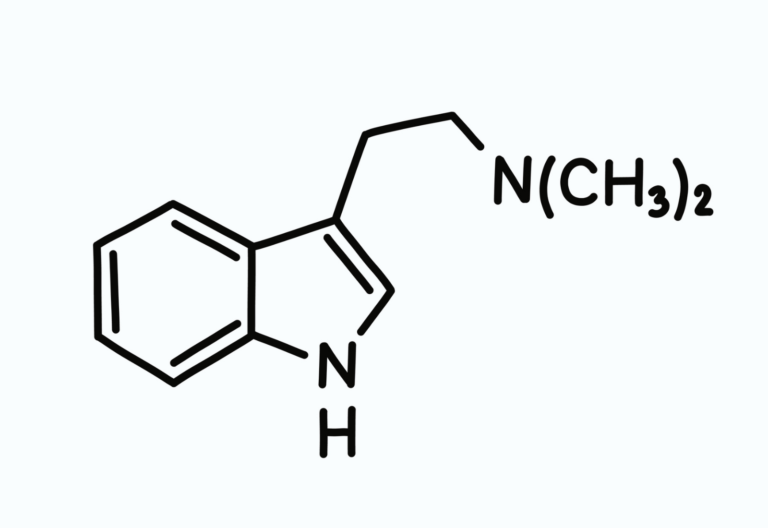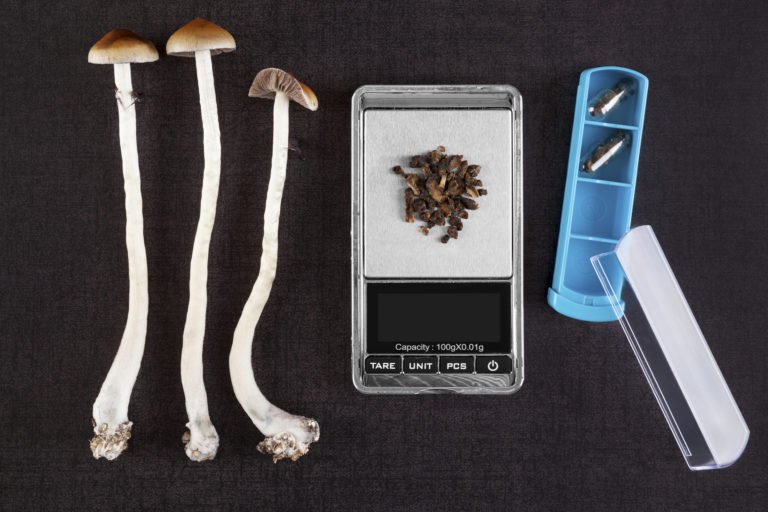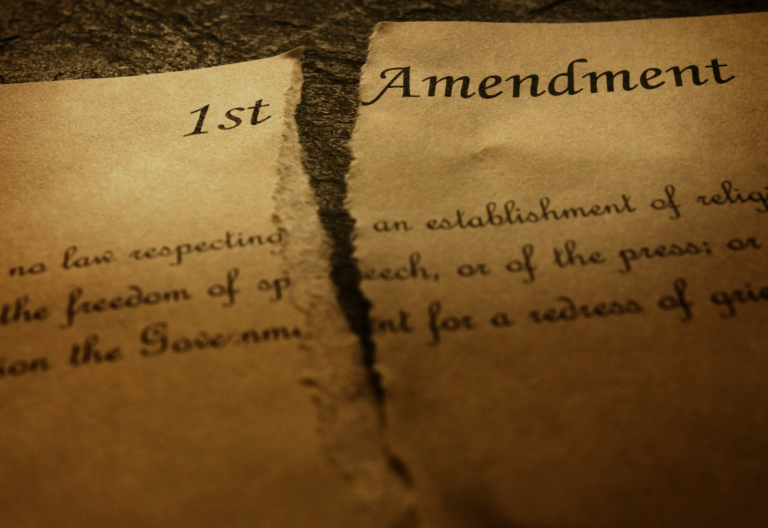
DEA Violates Religious Freedom on Psychedelic Drug Use
The DEA violates religious freedom through its opaque and arguably illegal process for applicants seeking religious exemptions to the Controlled Substances Act (CSA). I’ve made this point before. But today, I want to look at one of the more nefarious ways in which the DEA’s exemption process violates religious freedoms. To do that, I first










